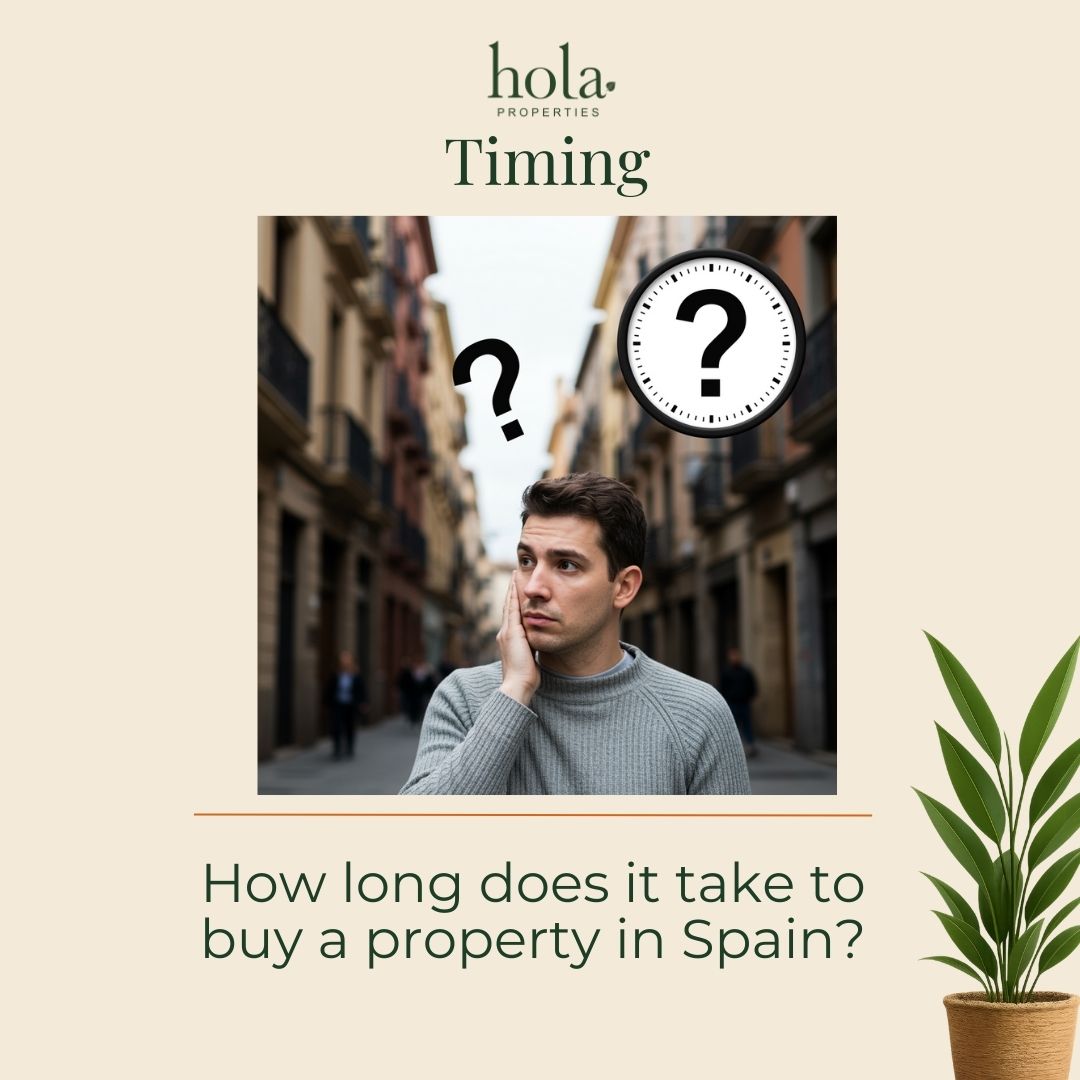
You’ve spotted a property that is everything you dreamt of for your new life in the sun. The marketing price is even relatively sensible.
You’ve also been diligent in your research. You’ve done all the calculations around the taxes and costs involved. You know you have enough to go ahead and secure your dream home.
Imagine now, a few months into living your Andalusian, sun-filled new life, you get some post. It’s a letter demanding you pay a tax bill. The problem is, it’s much higher than you budgeted for.
Seems implausible and it can, and does, happen.
What is a ‘comparison of values’ or in Spanish ‘comprobación de valores’?
When a property is purchased, there is a law that states that the Stamp Duty you paid on purchase is allowed to be reviewed.
Although the price of the property is specified in the Deeds, there is also a market value.
Therefore, although you paid the ‘real price’, if it’s considered lower than the market value, you have to pay tax on that figure, not the one you bought it for.
Could you appeal this decision?
As always, there is an appeals procedure.
You can claim that the tax bill they’ve sent is excessive and the market value is the ‘real price’, the one in the Deeds.
This is considered a subjective issue. There are many variables to consider too. This means you’ve got a good opportunity to fight your defence.
When will the Comparison of Values be sent?
The Tax Office have four years from the date of your purchase. This means it could turn up at any point from the day of purchase and for up to four years beyond.
If you need any help with arranging comparables, or with arranging your finances prior to purchase, just get in touch.
(+34) 643 821 325



